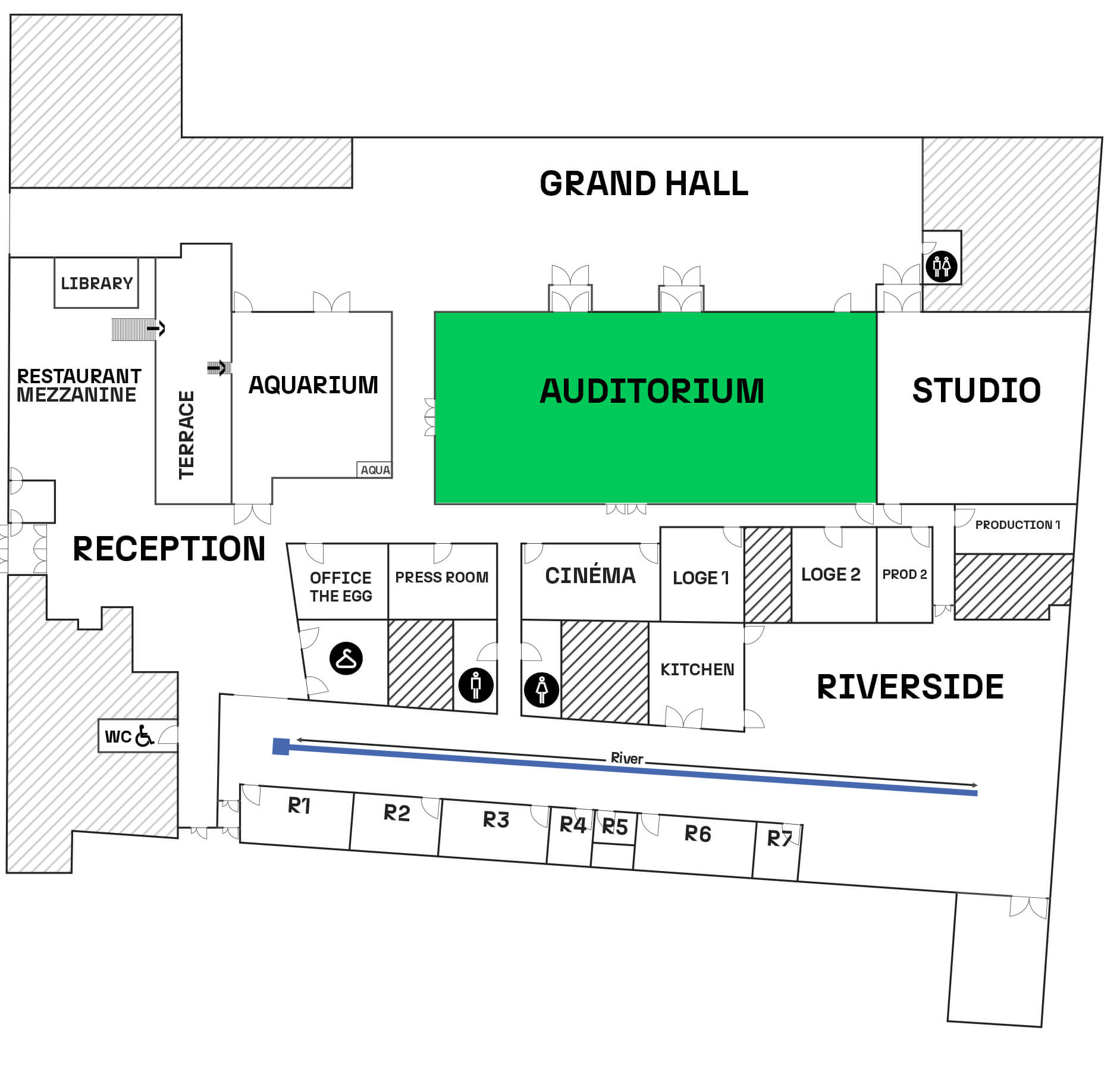Epinov trial: Impacts and lessons learned
This session explores the implementation and preliminary outcomes of the EPINOV clinical trial, which integrates virtual brain twin technology to improve epilepsy surgery planning. Talks will cover what it takes to build a trial of this scale and complexity. Preliminary clinical results will be shared, alongside perspectives from both a patient and a neurosurgeon on the role of neurotechnology in care. The session will conclude with a discussion on translating innovation into clinical practice and the infrastructure needed to scale such approaches effectively.

Who You’ll Be Hearing From
This session brings together expert voices from across the EBRAINS community and beyond. Discover the people sharing their insights, research, and perspectives on the topic.
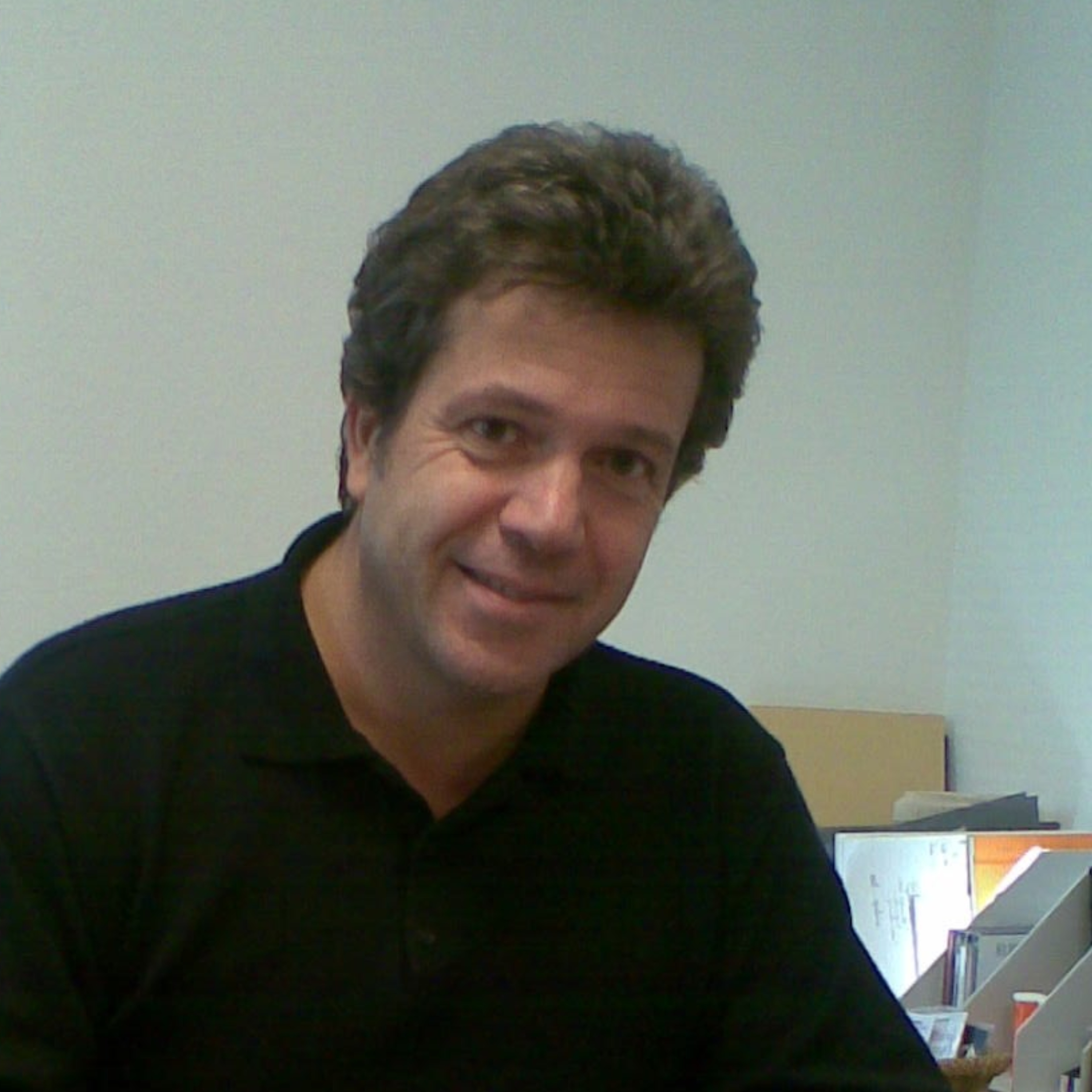

After initially studying law (Master's degree in business law), and completed his education with degrees in strategic marketing (ISG and ESSEC) and modern languages, Jean-Marc FERRIER has spent his entire career in the medical device industry. He spent the first twenty years of his career working for multinational medtech companies, including 12 years at ZIMMER, the world leader in orthopedics, where he held executive management and international strategic marketing positions. In 2005, he left the world of multinational companies to join the world of innovation, startups, and public-private partnerships. In 2005, he and three partners founded GRAFTYS, a company that develops implantable bone tissue engineering products that are marketed worldwide, particularly in the US market. After leaving GRAFTYS in 2017, he began supporting innovative companies in southeastern France through his consulting firm, UPSTREAM, which allowed him to become more involved in the regional innovation ecosystem and strengthen his ties with the regional TTO of Aix-Marseille University (SATT Sud-Est). It was in this context that he met Viktor JIRSA at the end of 2019 and was asked to take charge of the project to commercialize the virtual brain technology invented by Viktor JIRSA through the creation of a startup. VB-Tech was founded in August 2021 by Viktor JIRSA (main shareholder and CSO) and Jean-Marc FERRIER (CEO) and is currently in a fundraising phase to accelerate market access for the first technologies developed by the company.


Nigel P. Pedersen, MBBS, FAES, FANA is Vice Chair of Research and Associate Professor at the Department of Neurology, University of California at Davis. His specialties are Neurology, Epilepsy and Neurophysiology. His laboratory uses a variety of techniques to research large scale neural networks in the context of epilepsy, sleep and cognition in our valued patient volunteers and preclinical models. Particular interests are the circuit mechanisms of sleep-wake and epilepsy interaction, the sleep-exacerbated cognitive comorbidities of epilepsy, and the neural circuits of memory in our human volunteers. Dr. Pedersen studied cognitive science and neuroscience at Flinders University, then undertook medical studies at the University of Sydney, both in Australia. He then completed post-doctoral training at Beth Israel Deaconess Medical Center (BIDMC) and Harvard Medical School (HMS), studying the neurobiology of sleep and wakefulness. This was followed by an Internship and Residency at BIDMC and Boston Children's Hospital. Dr. Pedersen then undertook research training at BIDMC while completing clinical neurophysiology, epilepsy, and epilepsy and neurobiology fellowships at Massachusetts General Hospital. He has served on the faculty at BIDMC/HMS, and Emory University, where he remains as adjunct faculty, before joining the University of California as an epileptologist, laboratory director, and vice chair of research.
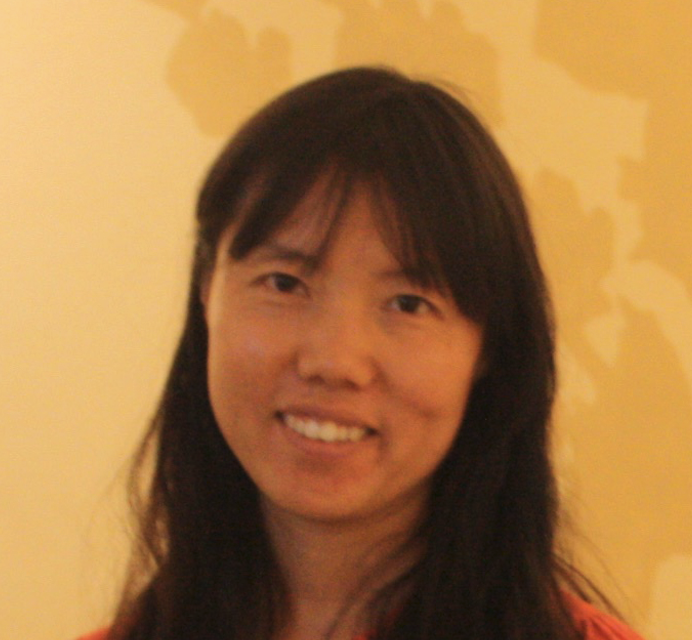

Dr. Huifang Wang is a neuroscientist who works in INS, an institute of Aix-Marseille University and INSERM, France, led by Dr. Viktor Jirsa. Her current research is interested in personalized whole brain modelling (virtual brain twins) from basic science to clinical use. Together with her team, she has contributed to the development of the Virtual Epileptic Patient pipeline for the diagnosis and treatment of epilepsy. Currently, their work expands toward building virtual brain twins not only for epilepsy but also for other brain disorders, including psychiatric conditions, aiming to improve diagnosis, treatment, and prognosis.Dr. Wang leads a dedicated sub research group named DEPTH, which focuses on advancing virtual brain twin technology in the context of epilepsy and psychiatric disorders.
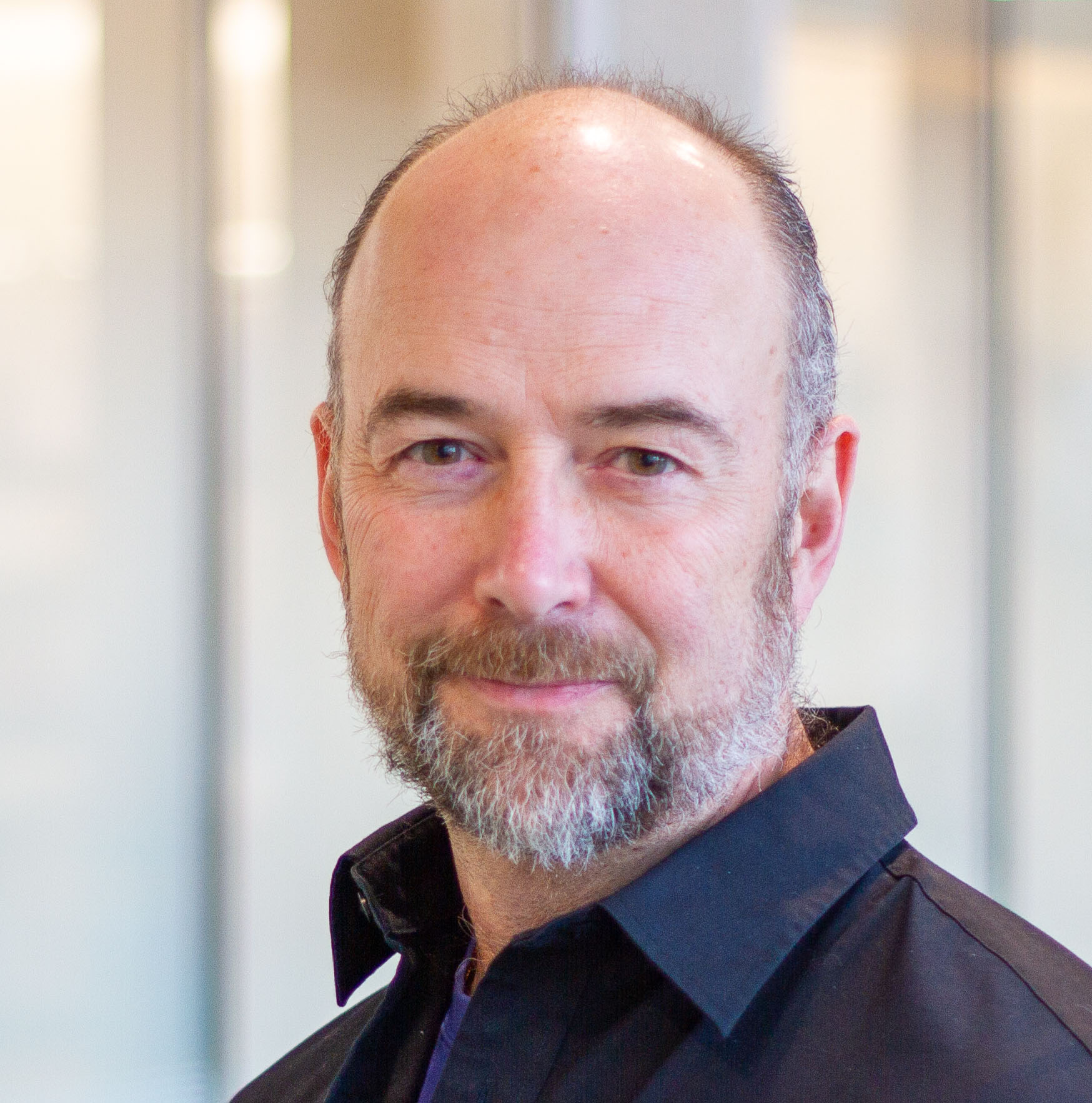

I hold a PhD in psychology and neuroscience, with a strong background in statistics and brain network modeling. My research began at the Rotman Research Institute at the University of Toronto, where I developed a deep interest in aging and cognition. Over the years, I’ve led international collaborations that resulted in The Virtual Brain (thevirtualbrain.org), a globally adopted platform for simulating large-scale brain dynamics using personalized data. I’ve joined Simon Fraser University in 2022, where I serve as Director of the Institute for Neuroscience and Neurotechnology. My vision is to bridge neuroscience research with real-world impact by pursuing two key goals: (1) integrating personalized brain modeling into clinical decision-making, and (2) creating a cloud-based platform that makes these tools accessible for research, education, and clinical use. I’m particularly focused on building interdisciplinary and community-engaged approaches to improve brain health across the lifespan.
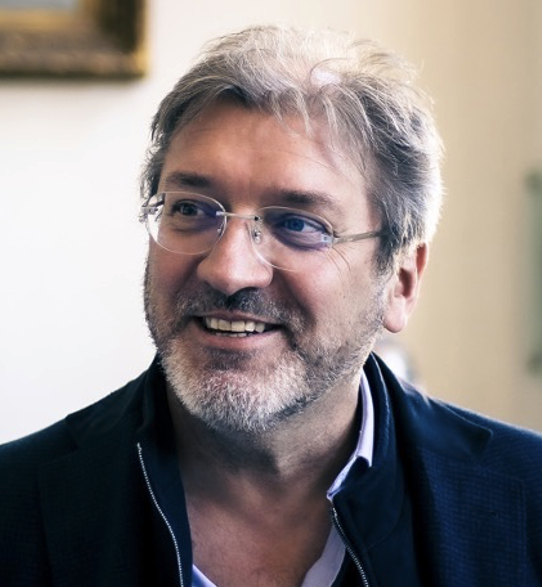

Viktor Jirsa is Chief Science Officer at the EBRAINS AISBL. He studied Theoretical Physics and Philosophy in Stuttgart, Germany, and is Director of Research at Centre National de la Recherche Scientifique (CNRS) and Director of the Inserm Institut de Neurosciences des Systèmes (INS) at Aix-Marseille University. Since the late 90s, Viktor Jirsa has made pioneering contributions to the understanding of how network structure constrains the emergence of functional dynamics using methods from nonlinear dynamic system theory and computational neuroscience. His work laid the theoretical basis for connectome-based brain modeling. During the Human Brain Project, he led the efforts in personalized brain modeling in epilepsy, ultimately contributing to the digital twin use in brain medicine. He has significant experience in coordinating national and international research consortia and organisations. Since 2005, he has been the leader of the brain simulation platform The Virtual Brain; during 2019-2024 he was scientific coordinator of the clinical trial EPINOV in epilepsy surgery; and since 2024 he coordinates the large European project Virtual Brain Twin to improve medication outcome in schizophrenia.
Find your way on the map
